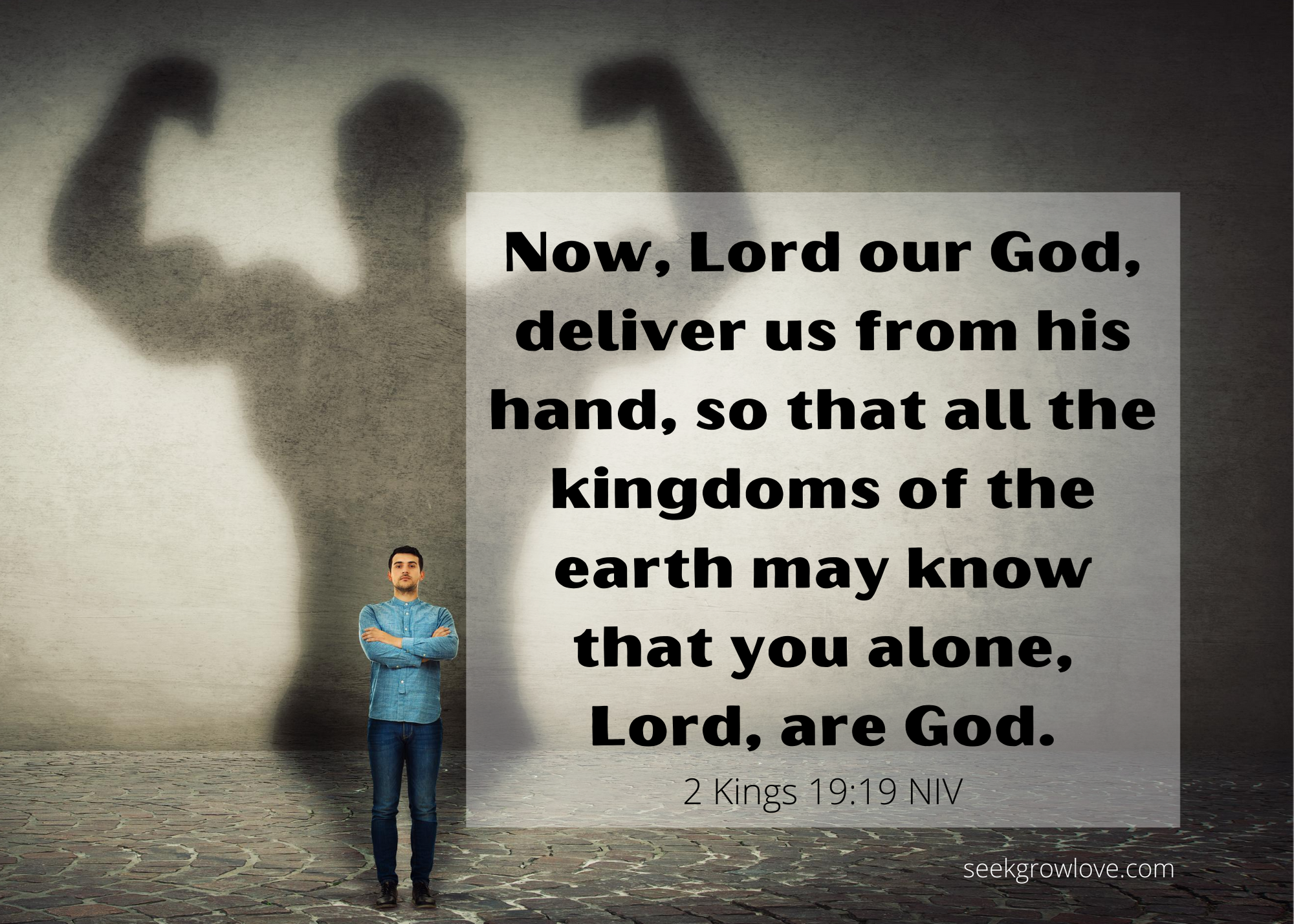
Old Testament: 1 Samuel 17 & 18
Poetry: Psalm 68 (day 2 of 4)
New Testament: 2 Corinthians 13
What are the stories you remember from Sunday School lessons? What videos did you watch or what murals were painted on the wall?
Jonah.
Noah.
Zacchaeus.
If you take away the cartoon animals, the talking vegetables (as much as I love them), and the flannelgraph, and describe the story as experienced by the people in the moment, they become traumatizing. Horrifying. Or, at the very least, shocking.
A man devoured by a great water beast that digests him for three days.
The world is covered in a flood that wipes out all life, causing them to drown as torrential rain falls from blackened skies and geysers shoot from the ground in every direction.
You have been living your whole life obeying God’s law and waiting for the coming of his Messiah, and instead of him coming to your home, he chooses to spend his time with the short, traitorous Zacchaeus and his rag-tag group of ne’er-do-wells.
Traumatizing. Horrifying. Shocking.
The story of Goliath is similar. It’s not about a piece of broccoli with gourd brothers who sings to an asparagus and a giant pickle; it is about a young man who is ready to kill an enemy because he dares defy the army of the living God.
The story is not funny or fun; it is awe-inspiring.
David looks into the eyes of his enemy and says “This day the Lord will deliver you up into my hands, and I will strike you down and remove your head from you.” (17:46)
What strikes me is this: we should be careful before we sanitize the Bible.
The Bible is not a list of propositions to believe, they are stories about the past of a nation and their encounter with the living God.
Bible stories, moreover, are not nice, or clean, or simple.
Characters are rarely one dimensional.
Good characters do bad things and bad characters can do good things.
Rarely do those good or bad things fit nicely into our models of morality; David was a man of bloodshed and war and a man after God’s heart. And Jesus said “love your enemies.” That’s not clean or simple.
The Bible, this amazing library of sixty-six books that teach us about the God of the universe and his amazing interaction with people who are looking for him, is not a book that is *given* to children. Jesus does love the little children of the world, but the stories of scripture are meant to be read, understood, questioned, and applied by mature, wise disciples of Jesus.
The Bible is a big book, and the stories of the Bible grow as we grow.
We shouldn’t lose sight of what we learned in Sunday School; but the stories of the Bible go far beyond Sunday School, and can impact all aspects of our lives.
-Jake Ballard
Reflection Questions
- Sunday School Stories: As you read the stories of David and Saul, how often are you thinking of the “sanitized” versions from Sunday School? Of course, we shouldn’t tell toddlers about the slaughter of the Philistines, but the story of Goliath is grim; God isn’t pleased with Goliath or the Philistines. Should we shy away from the judgement of God because it makes us uncomfortable?
- Encountering God: When you are being honest with yourself, do you want the Bible to be simple, clean, or nice? Do you *want* the Bible simplified, or do you *want* the Bible to be the complicated, holy, challenging collection of books that it is?
- A final thought: The Bible can be understood by someone who knows nothing about it. However, someone who knows nothing about the Bible also wouldn’t have WRONG ideas when reading it for the first time. Are we OK admitting that we might be bringing wrong ideas to the text when we read?



